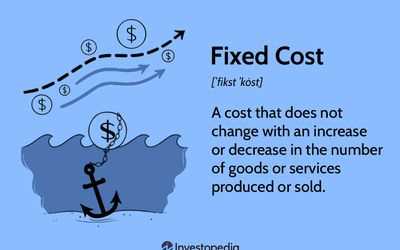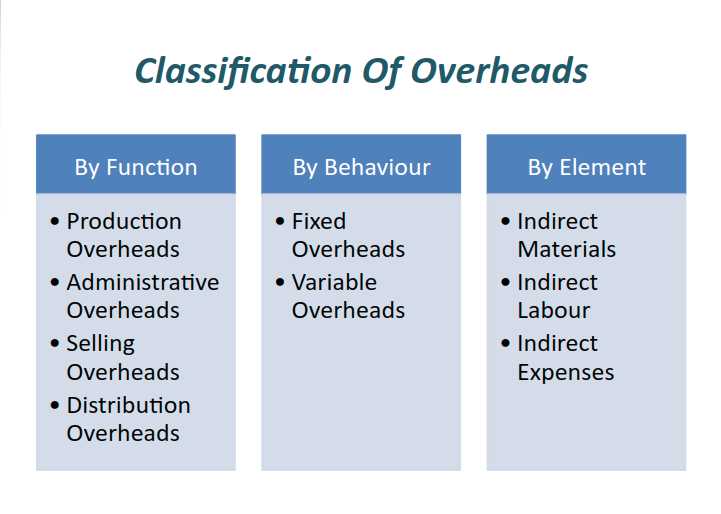Types of Overhead Expenses

1. Administrative Overhead Expenses
Administrative overhead expenses include the costs associated with running the administrative functions of a business. This can include salaries and benefits for administrative staff, office supplies, utilities, rent, and other expenses related to maintaining an office space. These expenses are essential for the day-to-day operations of the business and are typically incurred regardless of the level of production or sales.
2. Marketing and Advertising Overhead Expenses
Marketing and advertising overhead expenses include the costs associated with promoting and advertising a business and its products or services. This can include expenses for advertising campaigns, marketing materials, website development, social media management, and other promotional activities. These expenses are aimed at attracting customers and increasing sales, and they are typically incurred on an ongoing basis.
3. Research and Development Overhead Expenses
Research and development overhead expenses include the costs associated with conducting research and developing new products or services. This can include expenses for research equipment, salaries and benefits for research and development staff, laboratory supplies, and other expenses related to innovation and product development. These expenses are essential for businesses that rely on continuous innovation and staying ahead of the competition.
4. IT and Technology Overhead Expenses
IT and technology overhead expenses include the costs associated with maintaining and upgrading the technology infrastructure of a business. This can include expenses for computer hardware and software, network maintenance, data storage, cybersecurity measures, and IT support services. These expenses are necessary for businesses to operate efficiently and securely in the digital age.
5. Depreciation and Amortization Expenses
6. Utilities and Overhead Expenses
Utilities and overhead expenses include the costs associated with the use of utilities such as electricity, water, and gas. This can also include expenses for maintenance and repairs of facilities, cleaning services, and waste disposal. These expenses are necessary for the day-to-day operations of the business and are typically incurred regardless of the level of production or sales.
7. Insurance and Legal Overhead Expenses
Insurance and legal overhead expenses include the costs associated with insurance coverage and legal services. This can include expenses for business insurance policies, liability insurance, professional indemnity insurance, and legal fees for contracts, licenses, and litigation. These expenses are necessary for protecting the business from potential risks and ensuring compliance with legal requirements.
Examples of Overhead Expenses
1. Rent and Utilities
One of the most significant overhead expenses for businesses is the cost of renting or leasing office or retail space. This expense includes not only the monthly rent but also utilities such as electricity, water, and internet. These costs can vary depending on the location and size of the space.
2. Salaries and Benefits
Employee salaries and benefits, such as health insurance, retirement plans, and paid time off, are considered overhead expenses. These costs are incurred regardless of the level of production or sales and are essential for attracting and retaining talented employees.
3. Office Supplies and Equipment
Businesses need various supplies and equipment to operate efficiently. This includes items like stationery, printer ink, computers, and furniture. While these expenses may seem small individually, they can add up over time and contribute to the overall overhead costs.
4. Marketing and Advertising

Promoting a business and reaching potential customers often requires investment in marketing and advertising activities. This can include expenses related to online advertising, print media, social media campaigns, and public relations efforts. These costs are necessary to create brand awareness and attract customers.
5. Insurance
Businesses need insurance coverage to protect against potential risks and liabilities. This includes general liability insurance, property insurance, and workers’ compensation insurance. The premiums paid for these policies are considered overhead expenses and are essential for safeguarding the business.
6. Professional Services
Many businesses rely on professional services such as legal, accounting, and consulting services. These services help businesses comply with regulations, manage finances, and make strategic decisions. The fees associated with these services are considered overhead expenses.
7. Maintenance and Repairs

Emily Bibb simplifies finance through bestselling books and articles, bridging complex concepts for everyday understanding. Engaging audiences via social media, she shares insights for financial success. Active in seminars and philanthropy, Bibb aims to create a more financially informed society, driven by her passion for empowering others.
